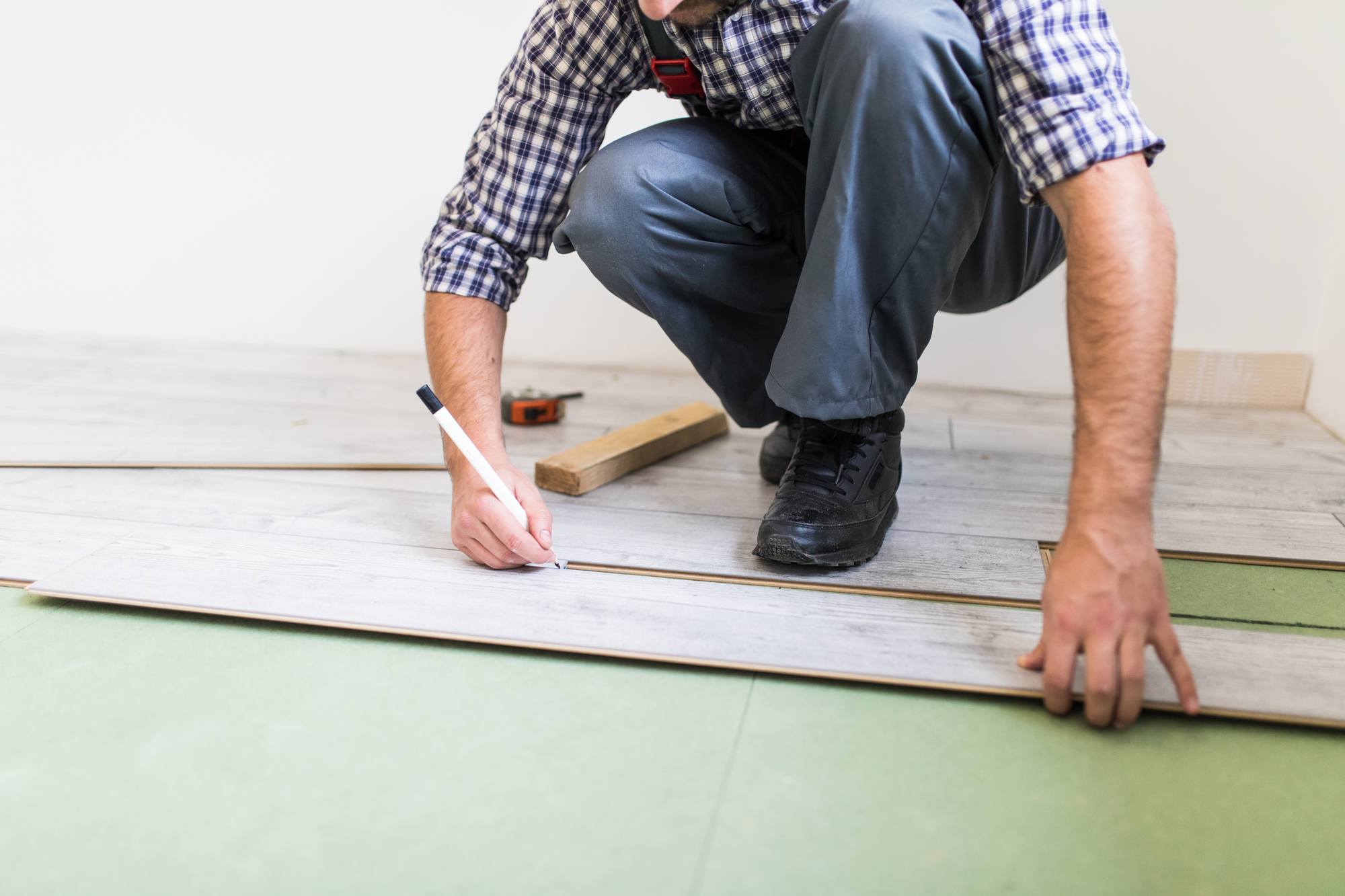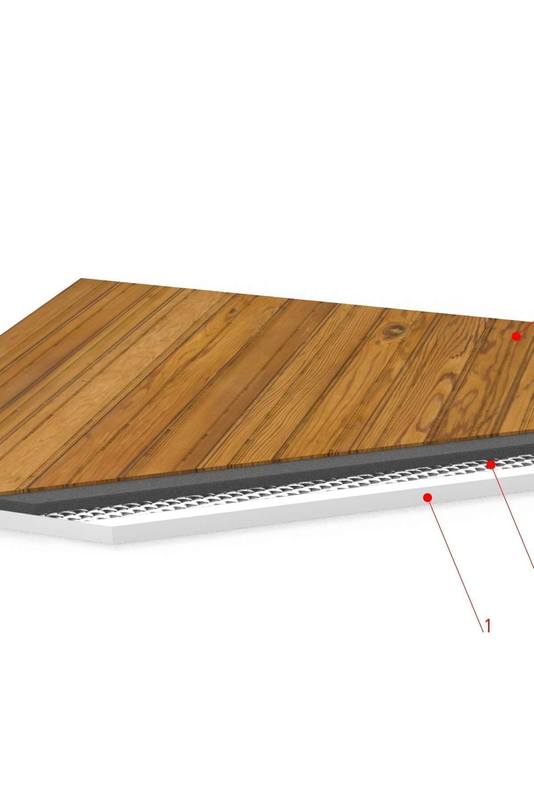How do you soundproof a floor?
Soundproofing a floor is an effective solution for reducing sound transmission between floors and creating a more harmonious and quiet indoor environment. Whether you want to dampen footfall noise, reduce vibrations from music equipment, or improve the acoustics of a room, there are various methods and materials that can be used to achieve optimal sound insulation.
Sound spreads in two main ways – through the air (airborne sound) and through the structure of the building (structure-borne sound). Airborne sound occurs when sound waves travel through the air, while structure-borne sound occurs through vibrations in the building structure, for example from footsteps, moving furniture or machines. By installing sound-absorbing materials and using the right construction techniques, both of these types of sound can be minimized, creating a quieter and more comfortable environment.
A well-insulated floor is particularly important in apartment buildings, office environments, music studios, and public spaces where acoustic comfort plays a crucial role. By using specially adapted sound-absorbing materials, such as SilentDirect Neo, SilentDirect Polaric, and SilentDirect MLV, you can effectively break up sound waves and prevent sound from traveling through the floor.
In addition to reducing noise levels, the right floor insulation can also contribute to improved energy efficiency and more comfortable temperature control. At the same time, it can help to meet building standards and regulations for sound classification in properties.
The benefits of soundproofing a floor
Reduced transmission of footfall noise and vibrations
Soundproofing the floor effectively reduces noise from footsteps, furniture movements, and other movements that can otherwise disturb those on the floor below. This is especially important in apartment buildings, offices, and hotels where a quiet environment is essential for comfort.
Improved indoor acoustics and sound comfort
By using sound-absorbing materials, you can improve the acoustics of the room and reduce reverberation and resonance. This is an important factor in music studios, conference rooms, home theater systems, and other environments where sound quality plays a crucial role.
Increased comfort and well-being
A quieter indoor environment contributes to increased comfort, reduced stress, and a more relaxed atmosphere. Reducing noise levels creates a more pleasant living and working environment for those in the room.
Better working environment and higher productivity
In office environments, soundproofing the floor can contribute to a calmer and more focused working environment. Reduced footfall noise and other disturbing sounds lead to increased concentration and higher productivity among employees.
Protection against external noise
A soundproofed floor can also act as a barrier against external noise, such as traffic noise or neighbors' activities. This is particularly beneficial in urban environments or in buildings where noise from the surrounding area easily penetrates.
Compliance with building standards and regulations
Many properties are subject to building standards and regulations for sound insulation. By investing in the right sound insulation solution, you can ensure that your construction project meets these requirements and avoid any penalties.
Improved sleep quality
Sound insulation in bedrooms can contribute to a quieter and more relaxed environment, leading to improved sleep and increased well-being. By minimizing noise disturbances, you can create a more peaceful atmosphere that promotes deeper and more undisturbed sleep.







